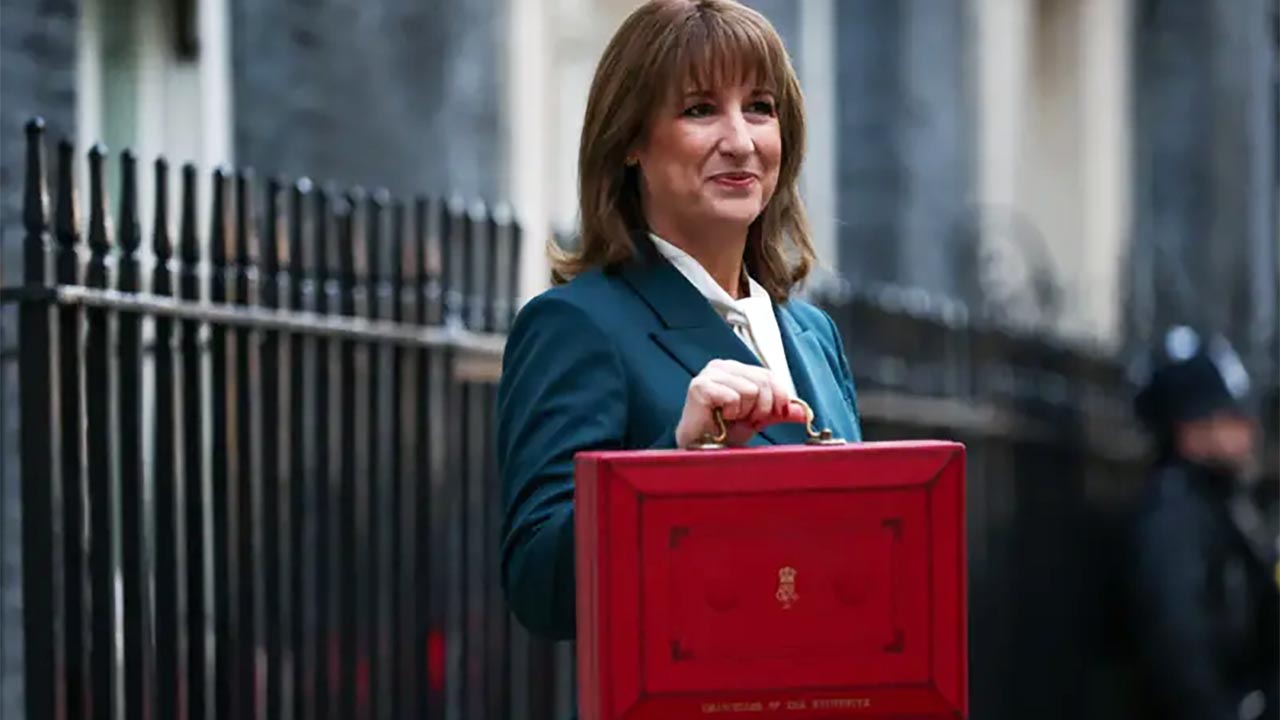Buy-to-let landlords in the Midlands are being warned that they face hefty tax penalties unless they personally fill in a capital gains tax return within 60 days of selling a property.
The advice to the UK’s 2.74 million landlords, from a tax specialist at UK top 10 accountancy firm Azets, comes as record interest rate rises triggered a wave of property disposals from investors cashing in due to increased borrowing costs.
Tax partner Clare Clifford said: “We have seen cases involving a number of buy-to-let landlords who have cashed in because they cannot afford to service higher mortgage debt; the rents aren’t covering the increases.
“They were caught off-guard by the Bank of England’s consecutive interest rate rises, which have gone up at the fastest pace in a generation and are now at a level last seen nearly 15 years ago.
“The hikes have to been seen in context – the last time the Bank Rate was this level, at 4.5%, was in October 2008 at the height of the global financial crash.
“The era of subsequent cheap debt, when the rate plummeted to an all-time low of 0.1% during the pandemic, has now ended.
“With the monetary war on stubbornly high inflation now the only game in town, and further rate rises a possibility unless the cost of living trends downwards, apprehensive buy-to-let landlords with high loan-to-values on their portfolios are getting out before repossessions become a nightmare reality.
“But what some exiting landlords don’t realise is that there is a capital gains tax return they must personally submit to HMRC upon disposal of a letting property.
“That particular gateway form and process is not particularly well known amongst landlords.
“If you don’t submit the form within the 60 days, there is a £100 penalty. If the matter is still outstanding three months after that, its £300 or 5% of the capital gains tax.
“If you have a string of disposals amounting to £3 million, and the landlords have not submitted the form in time, then that’s £150,000 HMRC can collect.”
Capital gains tax is a tax on the profit when a property is sold which has increased in value.
Clare, who works out of Azets’ office in Tamworth, said: “The process is not straightforward for landlords to report the capital gains on properties sold; you have to have your own gateway account, so it’s best to consult your tax advisor who will be able to support and advise on the process.”
Rents in the UK are at the highest ever recorded, with a median monthly rent of £800 for England and £1,475 in London, according to data released by the Office for National Statistics.
Government figures show 4.6 million households – 19% of all households in England- rent their home from a private landlord, compared to 3.1 million in 2008-09.
Clare said: “Whilst many buy-to-let landlords are doing well, there are some, either accidental landlords or ones too highly leveraged, who are selling up in order to avoid financial pain due to the interest rate environment and corrosive inflation.
“However, some landlords are not selling up for forced reasons but rather to fund retirement – almost two thirds of landlords in England are aged 55 or above.
“There are around 2.74 million landlords in the UK, so you can understand how important it is for them to understand why the 60-day deadline matters and that it shouldn’t be confused with annual self-assessment tax returns.”








